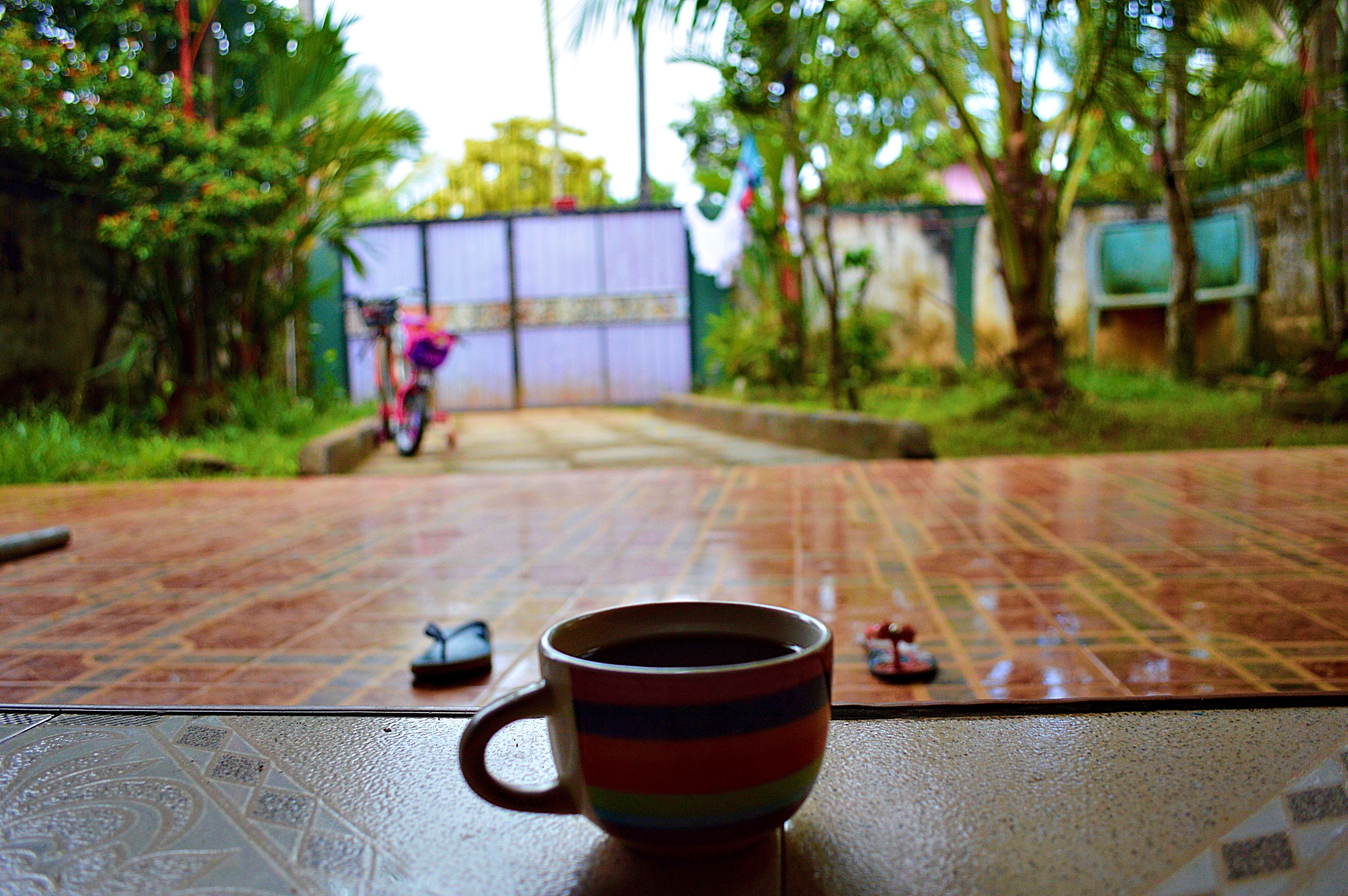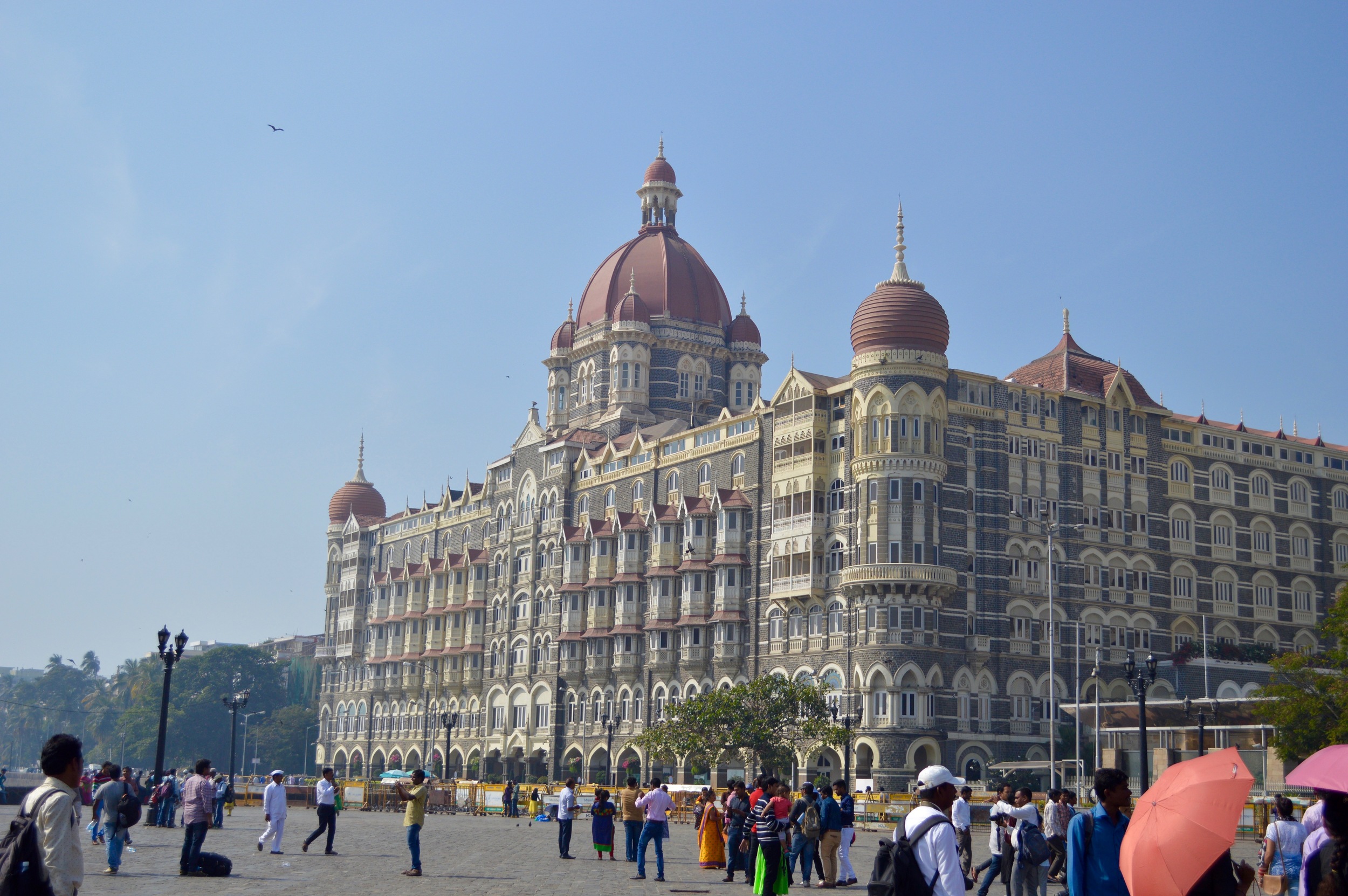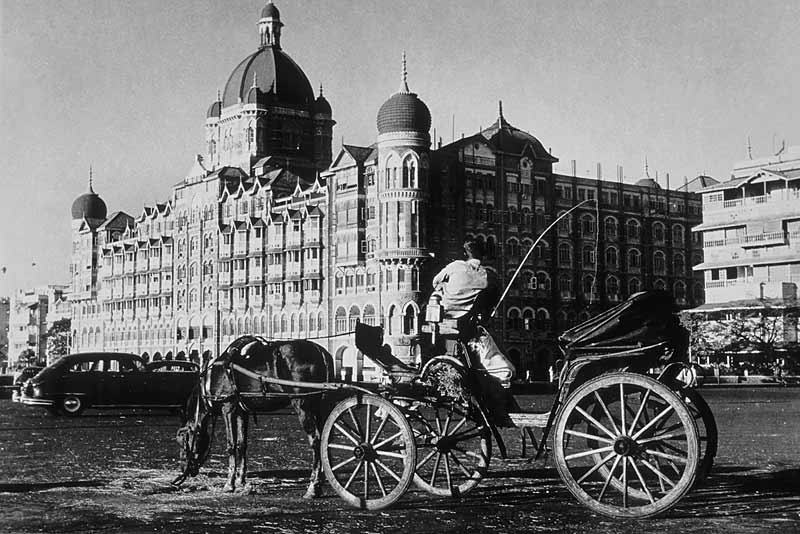“Sometimes we feel we straddle two cultures; at other times, that we fall between two stools.”
Out of all the questions I get about the Bonderman Fellowship—from “how did you convince your school to give you $20,000?” to “how does your husband feel about you traveling the world alone?”—there’s one that I, somewhat surprisingly, have barely been asked. Why did you even want to do this fellowship?
The only time I remember someone asking me is actually during the interview for the fellowship. I recall the anecdotes I shared of being first-generation American, wanting to work with immigrant populations in my future career, and hoping to understand these identities before I begin my work. I talked about past internships on Capitol Hill and with advocacy organizations, future hopes of a career in policy and education, and a desire to bring together communities who have been separated by their individual and collective struggles in finding new homes. I thought that, through these months of traveling, I could start to string together an idea of what these identities mean and how they are translated across oceans and miles of earth. But, as it often is, even this has proven to be much more difficult and complicated than I expected.
“you broke the ocean in
half to be here
only to meet nothing that wants you
–immigrant”
In my trip to Sri Lanka, I decided to make a small change in how I had been traveling. Rather than try to travel throughout the country and visit a variety of places, I wanted to simply get to know one place, one community, very well. I was lucky to find an incredible host family in the south, in an area called Dharga Town. Part of the Tamil Muslim population of Sri Lanka, they also knew the notion of being a minority in your own home. I also resonated with their ideas of many homes, of being part of the diasporic identities that define so many generations today. Although from Sri Lanka, the husband and wife had spent many years in Malaysia, while the wife pursued higher education. Four of their five children were born there before they returned to Sri Lanka, and the oldest ones have fond memories of their early childhood in Kuala Lumpur.
One night, after dinner, I was speaking with the wife as the five kids slowly nodded off after a long day of school and play. She shared stories of her time in Kuala Lumpur, of her classmates, and all the outings and adventures they would have. She talked about how much she loved the diversity of her school, and all the different cultures she was able to learn about. This, in part, is what inspired her and her husband to start hosting travelers. They wanted their children to continue to learn about the world, even after leaving the melting pot of KL. As she talked, she paused on a story of one of her friends who had moved to the States. “You know, she got married and left, and I never really heard from her again….I guess that’s what happens when people leave.”
Just a few weeks later, my dad was sent to India for a business trip, specifically to his childhood city of New Delhi. I called him a day or so after his arrival to ask how he was enjoying it, particularly because it was also his first time back in 16 years. All he said was, “Everything is different. It’s all changed.” It was enough for me to understand. Even in all my moving around in the States, I’ve never been able to move past my anxiety of change. Because it’s inevitable. As much as our prior hometowns and friends and families change, so do we. And when we “come home” or try to “go back,” there’s only hints of what we used to know.
“The formation of a diaspora could be articulated as the quintessential journey into becoming; a process marked by incessant regroupings, recreations, and reiteration. Together these stressed actions strive to open up new spaces of discursive and performative postcolonial consciousness.”
The struggle of diaspora, of immigrants, is not only the struggle to have others understand your identity, but even to figure out how to identify yourself. We are constantly changing through our experiences, defined by the communities around us and the labels attached to us. When someone asks, “where are you from?” they hope to create an image of you based on notions of a country that you simply reside in, whose own history often does not reflect your own.
Above photos: Although not much physical difference in the famous Taj Mahal hotel over the 30+ years since my dad last saw it, the history of it has changed. In 2008, the Taj experienced a terrorist attack in which hundreds were taken hostage and killed inside this hotel, and many others, in Mumbai. Events change things as much as appearance.
As I’ve tried to gain an understanding of the immigrant experience, I’ve seen how varied and intricate identities can be, whether it is that of one community or even an individual. Even a person who has lived in one town their entire life is impacted by the separate parts of their collective identity, and it is all these parts together that shape the way they view their world. Through traveling, I’ve become more realistic about how much I can truly learn about the countries I’m visiting and the cultures that I’m experiencing. Although I can gain small bits of knowledge and broaden my awareness to become more accepting, in reality, I still won’t know that much more about these communities than when I began.
So, then, how can I work towards my goal of creating a better environment for immigrants and their children in the US, particularly given today’s political climate? I think it comes through aiding this journey of “becoming,” and creating an environment that allows an immigrant to fully delve in and start their process of consciousness in a new home. Ensuring that basic measures are taken for the health, safety, and happiness of these communities will allow them to focus on creating their own notion of self and family in a new nation. As we all try to open our minds and hearts to these communities, even though they may be much different than our own, we must understand that it is a mutual process of learning. Diaspora is not just about the country that a people left behind, but also the place that they’ve landed, and the people who embrace you and ask, “how can we make you feel at home?”—rather than turn their backs—make all the difference.



